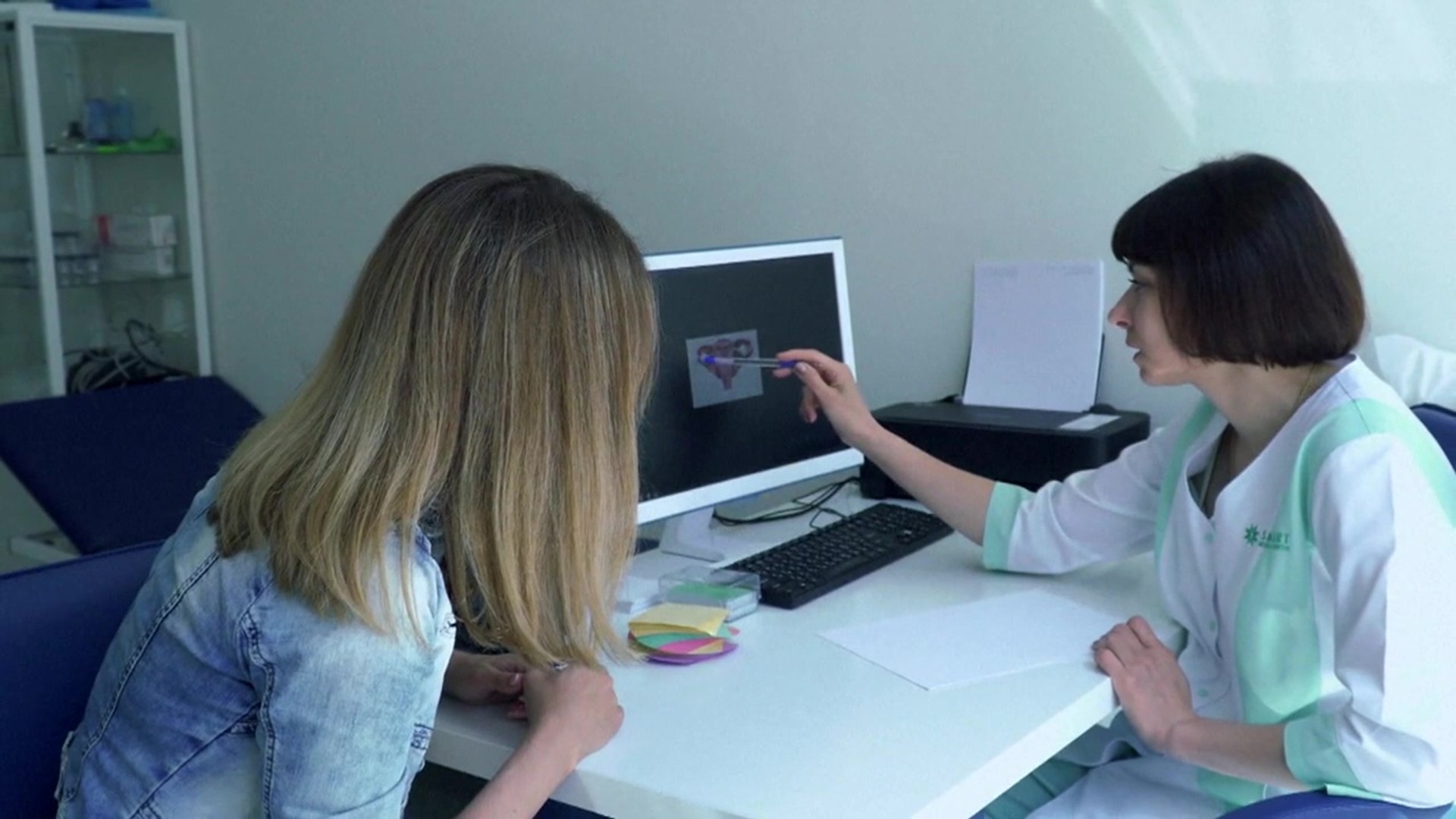DANVILLE, Pa. — Cervical cancer is typically diagnosed in women between the ages of 35 and 44, and it was once one of the most common causes of cancer death in women. But according to doctors at Geisinger, vaccines, and advancements in screenings have helped bring the numbers down. The pap smear is one of the key tools doctors use.
"It was used to detect cervical cancer before it's cervical cancer. We call that dysplasia, which you could call that pre-cancer, essentially," said Dr. Scott Purinton, a gynecologic oncologist at Geisinger.
Dr. Purinton says early-stage cervical cancer usually has no symptoms, which is why pap smears are so important. Pap smears are recommended starting at age 21.
"Usually, it's a microscopic diagnosis when they get a pap smear, and we detect it well before it's cancer, and we intervene."
Cervical cancer is caused by a sexually transmitted infection called HPV. There is a vaccine for HPV that girls can get starting at age 9.
"If women are coming in and getting appropriately screened and coming back at the appropriate time, the chances of them getting cervical cancer are about as close to 0% as one can get."
Dr. Purinton says treatment is usually surgery, but only if the cancer is found early.
"Advanced-stage disease we typically treat with a combination of radiation and chemotherapy."
January is cervical cancer awareness month. Dr. Purinton says if all women would get vaccinated against HPV and get yearly pap smears, this type of cancer should be nearly nonexistent.
See more Healthwatch 16 stories on YouTube.

